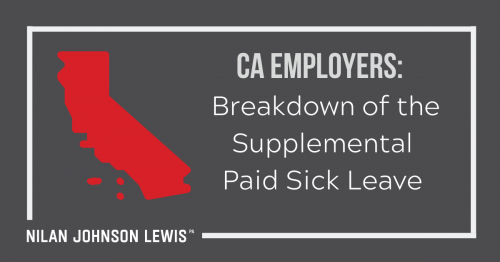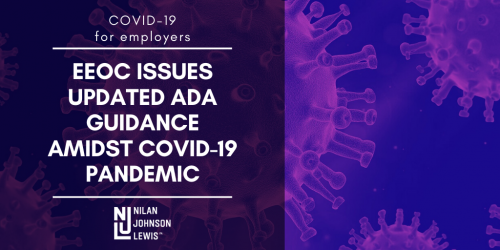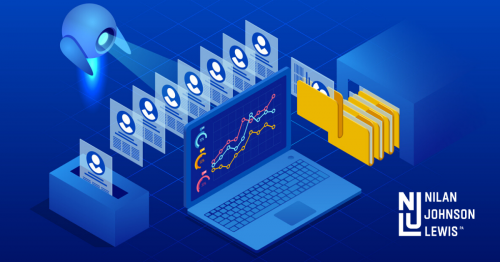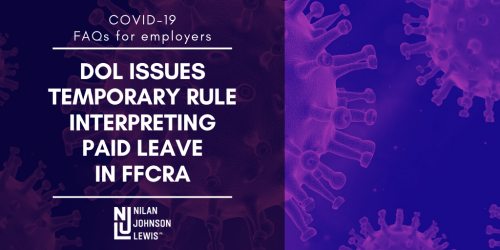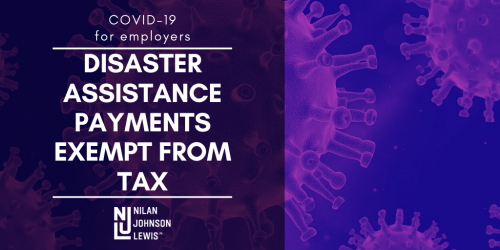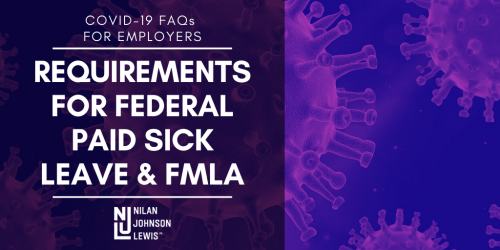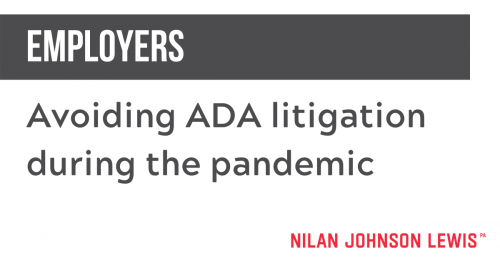
Posted May 7, 2020 with Tags COVID-19 for Employers, COVID-19
Employers: How to Avoid ADA Litigation in the COVID-19 Era
The COVID-19 pandemic and related "stay-at-home" orders have required changes to employers' everyday practices, impacting nearly all aspects of operations. Employers have worked hard to meet the demand for rapid flexibility in the interest of continuing operations and keeping their workforce safe and intact. For good reason, many of these policies (such as temporary remote work policies) may have been implemented outside of the traditional planning processes that employers use when rolling out new policies.



